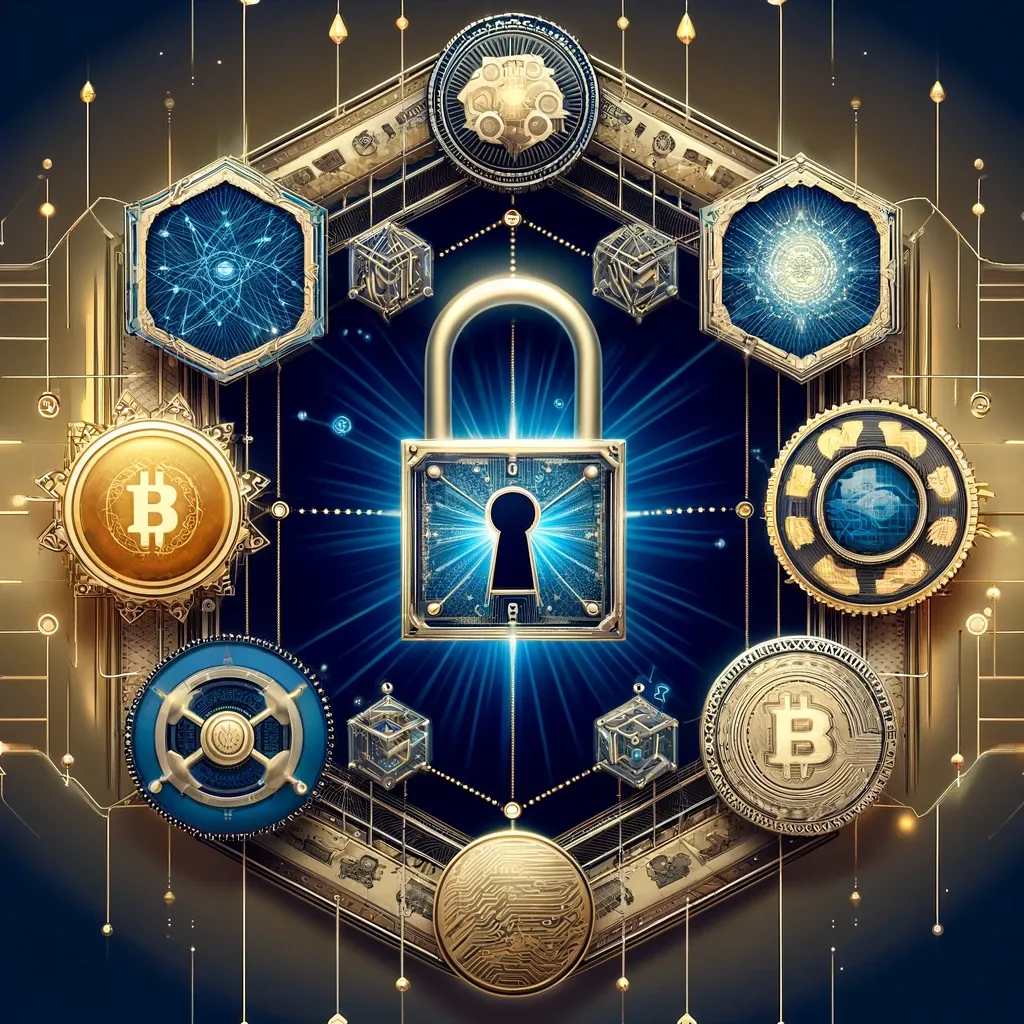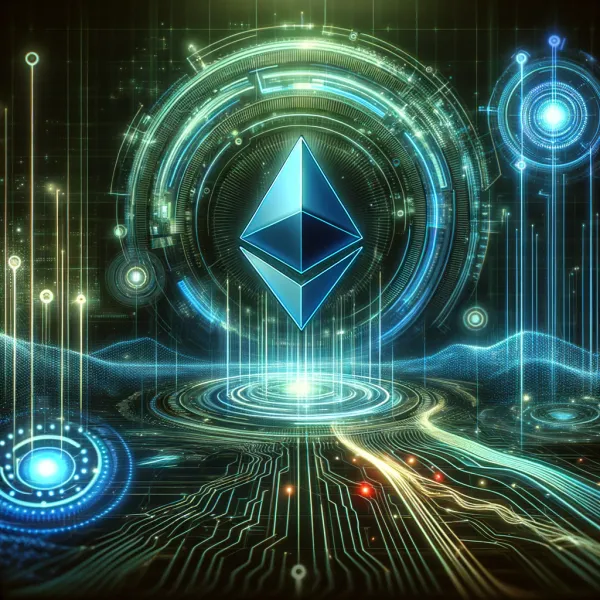Blockchain APIs for Beginners

Blockchain technology, with its promise of decentralization and transparency, has captured the imagination of many. But how do developers actually interact with these complex networks to build applications? Enter blockchain APIs – the crucial bridge between blockchain networks and the decentralized applications (dApps) that run on them.
What are Blockchain APIs and Why are They Important?
Think of blockchain APIs as translators. They provide a standardized way for developers to "talk" to blockchain networks, allowing them to read and write data, execute transactions, and interact with smart contracts. This opens up a world of possibilities for building dApps that leverage the unique benefits of blockchain technology
For example, imagine building a decentralized marketplace for trading rare digital collectibles. A blockchain API would allow you to:
- Verify ownership and authenticity of collectibles by reading data from the blockchain.
- Execute secure and transparent transactions between buyers and sellers.
- Program smart contracts to automate specific actions, like transferring ownership or distributing royalties.
How do Blockchain APIs Work?
The process of using a blockchain API typically involves:
- Choosing a blockchain network: Ethereum, Solana, and Polygon are popular options, each with its own strengths and weaknesses.
- Identifying the API endpoint: This is the specific URL through which you'll interact with the network. Popular options include Infura and Alchemy.
- Authenticating your access: Securely connect to the API using API keys or other authentication methods.
- Sending API requests: These requests can be anything from retrieving account balances to deploying smart contracts.
- Receiving and processing API responses: The network responds with the requested data or confirmation of actions taken.
Types of Blockchain APIs:
Different types of blockchain APIs cater to specific needs:
- Node APIs: Provide low-level access to a specific node on the network, allowing you to interact directly with the blockchain.
- Smart Contract APIs: Enable developers to deploy, interact with, and manage smart contracts on the blockchain.
- Wallet APIs: Facilitate the creation and management of blockchain wallets, including sending and receiving cryptocurrency.
- Market Data APIs: Offer real-time market data like cryptocurrency prices and trading volumes.
- Identity APIs: Allow for secure and decentralized identity verification on the blockchain.
Building DApps with Blockchain APIs:
Blockchain APIs are the building blocks for creating dApps. Here's a simplified workflow:
- Retrieve blockchain data: Use API requests to fetch relevant data from the blockchain.
- Parse and process data: Transform the retrieved data into a format your application can understand and use.
- Build smart contracts: Use programming languages like Solidity to write the logic for your dApp's smart contracts.
- Deploy and interact with smart contracts: Use the API to deploy your contracts to the blockchain and interact with them.
- Send transactions: Use the API to send transactions to the blockchain, such as transferring tokens or executing smart contract functions.
Mobula API: Powering the Next Generation of dApps
While several blockchain APIs exist, Mobula API stands out with its unique features and focus on developer experience. Mobula offers:
- Unified access to multiple blockchains: Interact with various blockchains like Ethereum, Solana, and Polygon through a single API, simplifying development and reducing complexity.
- High-performance infrastructure: Enjoy fast and reliable access to blockchain data with Mobula's optimized infrastructure.
- Comprehensive developer tools: Mobula provides extensive documentation, tutorials, and code samples to help developers get started quickly and build powerful dApps.
- Advanced security features: Mobula prioritizes security with robust authentication, data encryption, and best practices to protect your dApp and its users.
By leveraging Mobula API, developers can focus on building innovative and impactful dApps without worrying about the complexities of interacting with different blockchain networks.
The Future of Blockchain APIs:
As blockchain technology matures and adoption grows, blockchain APIs will play an increasingly crucial role in shaping the decentralized future. We can expect to see:
- Deeper integration with other technologies: Blockchain APIs will seamlessly connect with AI, IoT, and other emerging technologies, creating powerful new applications.
- Improved interoperability between blockchains: Cross-chain communication will become more efficient, allowing dApps to leverage the strengths of different blockchain platforms.
- Enhanced security and privacy: Security will remain a top priority, with blockchain APIs implementing advanced measures to protect user data and ensure platform integrity.
With platforms like Mobula API leading the way, blockchain APIs are poised to unlock the full potential of blockchain technology and drive the development of a truly decentralized and interconnected future.




